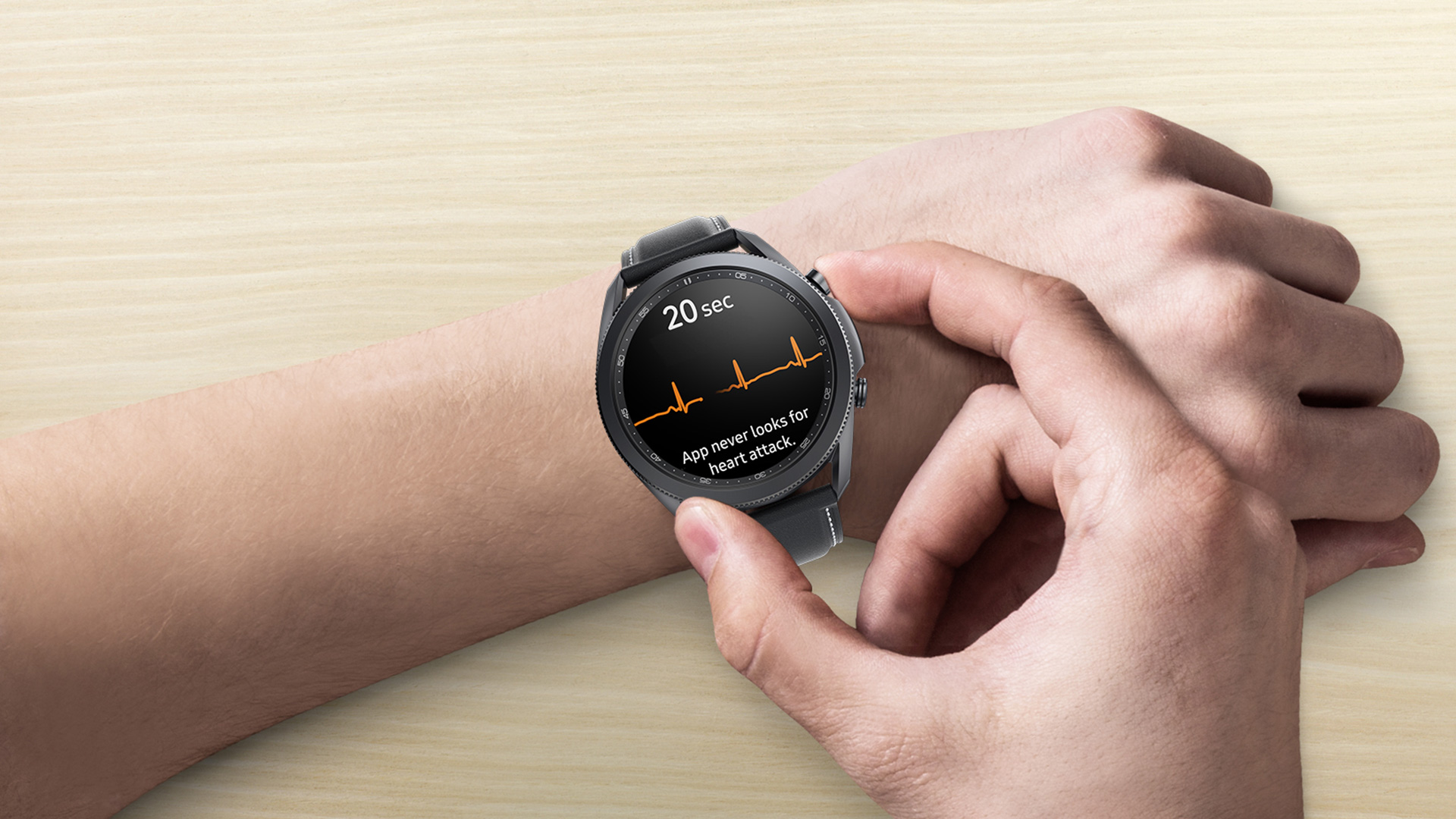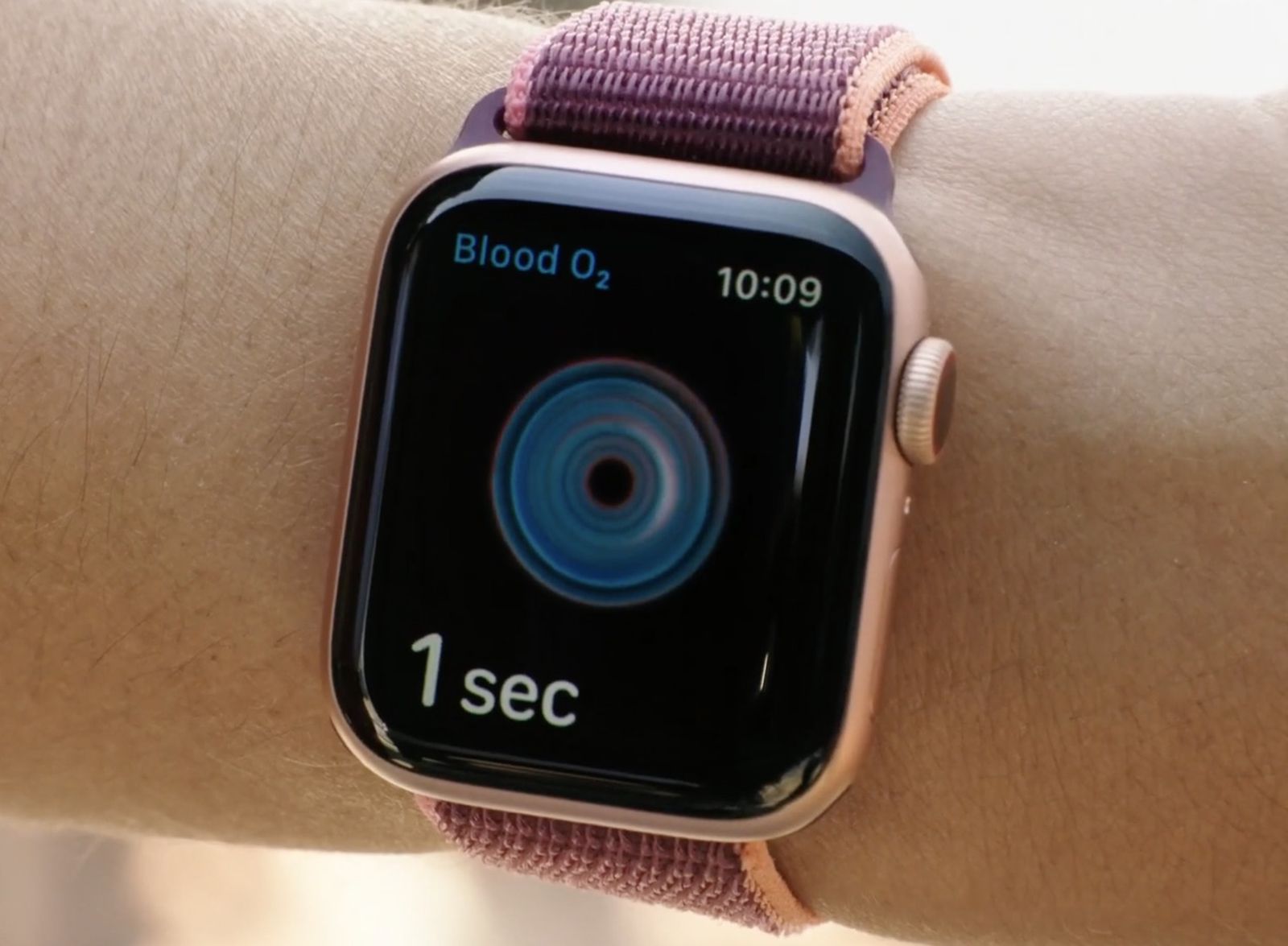Amity Island
Well-Known Member
- Relationship to Diabetes
- Type 1
Following on from a recent post https://forum.diabetes.org.uk/board...sive-watch-that-monitors-blood-glucose.90783/ about a glucose monitor watch, it seems the big guns have beat them to it! and this could be a massive money spinner for Samsung.
Samsung has been working on non-invasive techniques for blood glucose monitoring for a while now. Last year, it developed a method for monitoring blood glucose levels using a method called Raman spectroscopy. The process uses lasers to identify chemical composition, and according to Samsung, it demonstrates the “highest prediction accuracies among non-invasive technologies.”
The new ability could make it much easier for people with diabetes to track their daily blood sugar levels. The tech reportedly uses an optical sensor to determine the readings, eliminating the need for drawing blood. It’s similar to how a number of smartwatches, including the Galaxy Watch 3, provide blood oxygen or SpO2 readings.

 www.androidauthority.com
www.androidauthority.com
Samsung has been working on non-invasive techniques for blood glucose monitoring for a while now. Last year, it developed a method for monitoring blood glucose levels using a method called Raman spectroscopy. The process uses lasers to identify chemical composition, and according to Samsung, it demonstrates the “highest prediction accuracies among non-invasive technologies.”
The new ability could make it much easier for people with diabetes to track their daily blood sugar levels. The tech reportedly uses an optical sensor to determine the readings, eliminating the need for drawing blood. It’s similar to how a number of smartwatches, including the Galaxy Watch 3, provide blood oxygen or SpO2 readings.

Samsung's next smartwatch could bring diabetes monitoring to your wrist
A new report says Samsung will include an optical sensor for diabetes monitoring on its next Galaxy Watch launching later this year.

